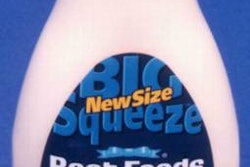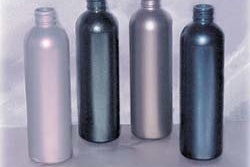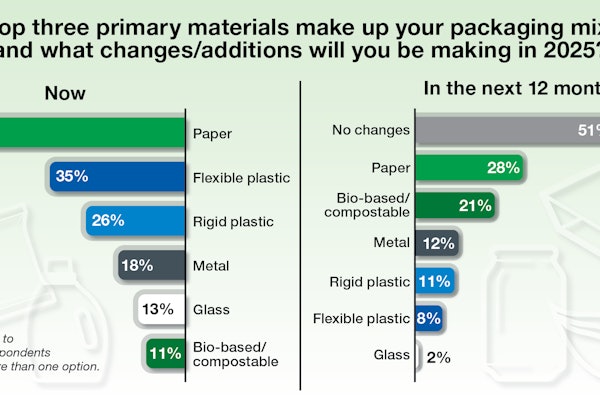The Department of Health and Human Services (HHS) will be under heavy political pressure to open up a wide new prescription drug import avenue, one that drug manufacturers say will be lined with packaging and labeling potholes. Congress passed the Medicine Equity and Drug Safety Act last October; its purpose is to allow U.S.-made prescription drugs that were exported to a specific list of developed countries to be reimported into the U.S. The bill’s rationale is that drug prices to U.S. consumers can be appreciably lowered since Pfizer, Lilly, Merck and others often sell prescription drugs more cheaply in Canada, Israel and the EU—often because of price controls. So why not allow pharmacies and wholesalers to reimport those cheaper drugs and pass along the savings? Today, that reimportation is illegal. It is legal, however, for Americans to cross the Canadian border, buy “personal use” amounts of cheaper drugs and bring them back to their medicine cabinets. Senators and congressmen who were up for re-election in 2000, including Sen. James Jeffords (R-VT), sponsor of the Senate bill—which passed by a vote of 74-21—often led those Canadian jaunts, and frequently with reporters in tow. But Jeffords and other legislators thought it a bit unfair that only a limited number of buyers had access to lower prices. Why not everyone? Hence the Medicine Equity bill, which also passed the House by a whopping margin of 370-12. The scene now shifts to HHS, which must make two key determinations prior to the commencement of wholesale reimportation. The HHS secretary must affirm that reimportation by wholesalers and pharmacists can be done safely and will result in lower prices. PhRMA, the drug manufacturers trade association, strongly opposed the Jeffords bill, ostensibly because it would create a labeling and packaging nightmare leading to serious safety problems. That was the argument made by Roy Sturgeon, senior vice president, global quality assurance and quality control at Wyeth-Ayerst Global Pharmaceuticals, Philadelphia, PA, and Mark Lipstein, director of product and systems validation worldwide at Bristol-Myers Squibb, New York, NY, when they briefed members of Congress on the potential evils of the Jeffords bill. The National Drug Wholesalers Assn. (NDWA), National Assn. of Chain Drug Stores and the American Pharmaceutical Assn., which represents the pharmacists, also opposed the bill. The NDWA argued that labeling and packaging operations performed by wholesalers would result in the FDA reclassifying them as “repackagers,” which would trigger new regulatory requirements and business costs.
Major packaging implications The labeling and packaging implications of this drug reimportation program are immense. First, foreign-language labels would have to be removed and English-language labels printed and applied. In some cases, containers and closures used overseas would be inappropriate, or even illegal. Nikki Mehringer, quality control leader for Europe and North America at Eli Lilly & Co., laid out some of the differences between U.S. and foreign packaging when she testified before the House Commerce Committee’s oversight subcommittee last October. “Packaging components may look the same but may be made of different materials,” she stated. “Requirements vary and may have safety implications. The U.S. has strict standards for child-resistant containers that may not be approved in other markets.” Steve Giroux is aware of the packaging challenges. He owns three pharmacies in the Buffalo, NY area and is a member of the National Assn. of Community Pharmacists, the major backer of the Jeffords bill. Independent pharmacies do much of their drug buying through what are called cooperatives with names like Rochester Drug, North Carolina Mutual and Value Drug. Giroux is chairman of the board of Rochester Drug, which has 500 customers in western New York, Pennsylvania and New York city.























